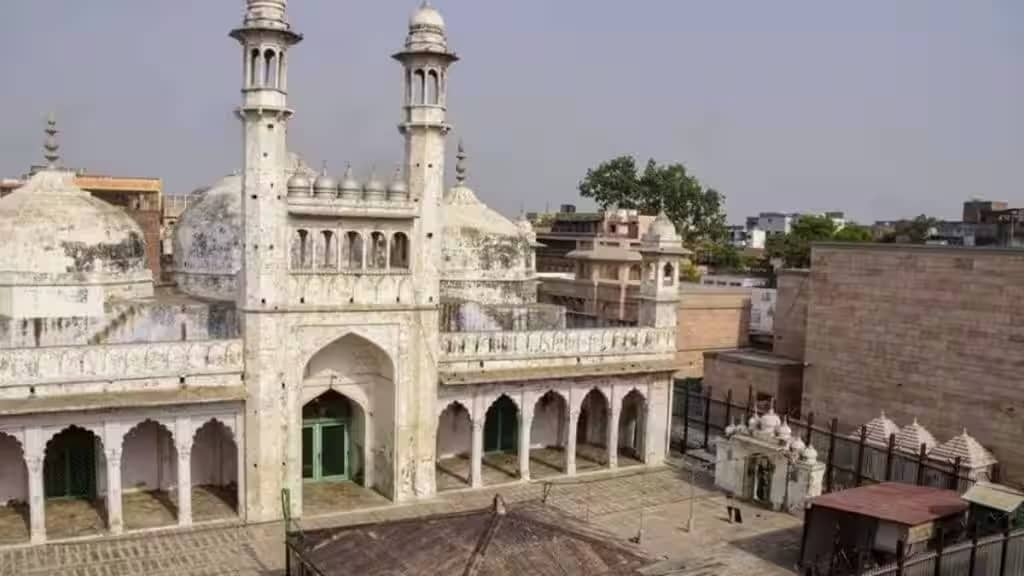The Archaeological Survey of India (ASI) on Monday submitted a sealed report of the scientific survey on the Gyanvapi Mosque complex before the Varanasi District Court.
The report will be shared with the petitioners on December 21 and a copy of it will also be sent to the apex court, Live Law reported.
The development came a week after the court had given an extension to the ASI to submit the survey report on the Gyanvapi mosque complex in Varanasi.
Also Read: ASI gets 10 more days to submit survey report of Gyanvapi mosque complex
On the ASI report in the Gyanvapi case, Rahul Mishra, ASI Additional Standing Counsel said, “The court heard all sides. On December 21, the court will give a comprehensive order. After studying all the things, ASI has submitted its findings in a sealed envelope.”
The next date of hearing has been fixed for Thursday.
The ASI had taken six extensions to file its findings, citing a vast amount of data that had to be studied and analysed. On November 2, it said it had “completed” the survey, but asked for more time to compile the report, including submitting details of equipment used during the survey.
Also Read: Archaeological body seeks 21 more days to submit Gyanvapi Mosque survey report
Gyanvapi mosque survey
The survey of the Gyanvapi mosque premises, excluding its sealed section, began in August. It was meant to check if the 17th-century mosque was constructed over a pre-existing Hindu temple.
The survey started after the Allahabad High Court upheld the Varanasi court order. The High Court said the survey was “necessary in the interest of justice” and would benefit both sides in the dispute.
The Gyanvapi mosque committee then moved the Supreme Court against the High Court’s order but, on August 4, refused a stay; a bench led by Chief Justice DY Chandrachud, however, directed the ASI to not carry out invasive acts, which ruled out excavations the Varanasi court had cleared.
Also Read: Gyanvapi mosque committee moves Supreme Court against HC order allowing ASI survey
This was after the mosque management committee claimed the ASI was digging in the basement and other places of the 354-year-old complex without permission, posing a risk it might collapse.


